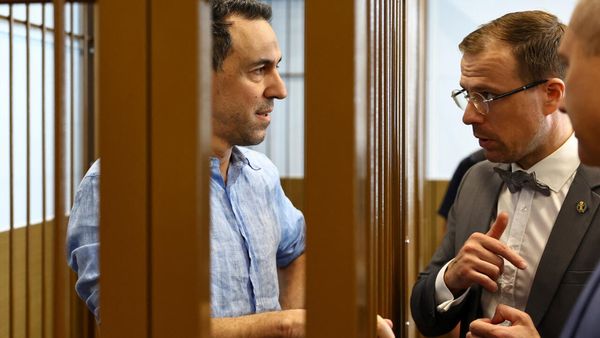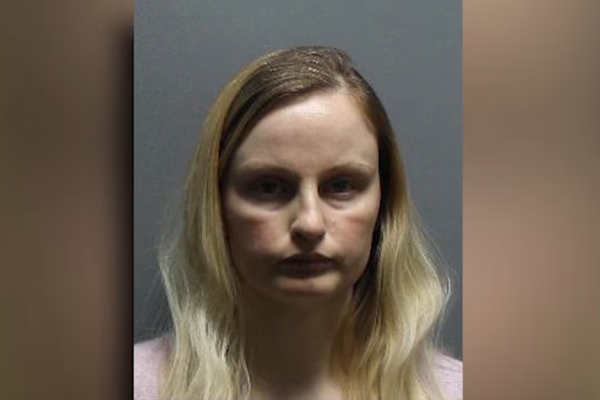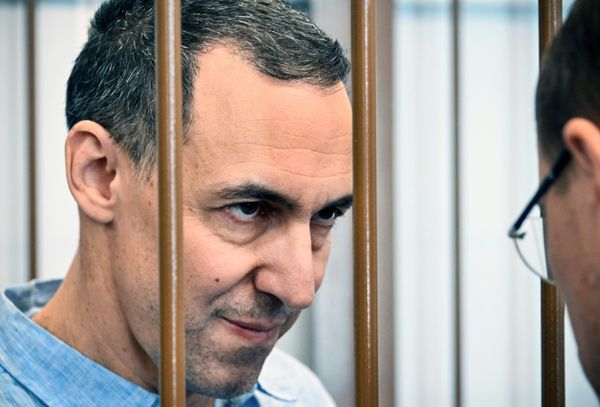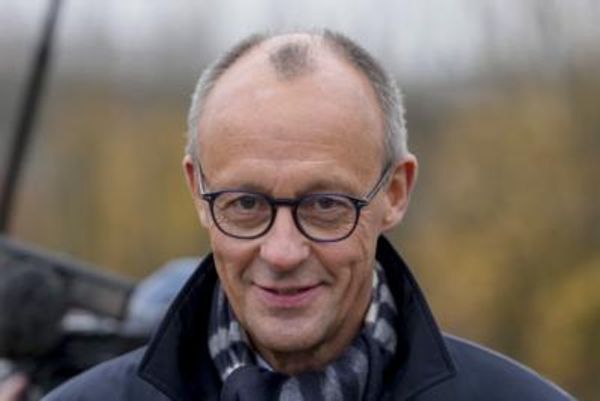
Following the death of her mother from breast cancer, a Kenyan woman living in the United States set up an NGO in her native country. The aim is to raise awareness of breast cancer by explaining how to recognise common symptoms and offering cotton breast prostheses to women who have had mastectomies. The project offers an alternative to expensive silicone prostheses or implants and helps women regain their self-confidence.
Nancy Githoitho is a Kenyan woman based in San Francisco, United States. She founded the NGO Limau Cancer Connection in 2017 after her mother died of breast cancer in Kenya.
"Limau" means "lemon" in Kiswahili, one of Kenya's official languages. She chose the name for her NGO because of the proverb "When life gives you lemons, make lemonade."
'We need to talk about breast cancer, and educate about it, to save lives'
In 2016, my mother told me she had pain in her left breast. I advised her to seek help, but she told me she was already taking painkillers. Several months later, the pain got worse, so she finally went to see a doctor. He told her that she had breast cancer, in a brutal way: it was like being told she had a death sentence. In Kenya, many women lose hope immediately because of the way they are given the news...
My mother then had a mastectomy [Editor's note: the partial or total removal of one or both breasts] and treatment. But she didn't want to have chemotherapy because she didn't want her hair to fall out.
Afterwards, it was very hard for her: for example, she had a Tupperware shop, but people stopped buying from her because they thought they were going to get breast cancer too.
So I bought her a silicone breast prosthesis on the internet for $400. But it was slippery, it was heavy, and with the heat, the silicone forms would burst, so the gel would run onto the skin.

Githoitho looked for an alternative for her mother. That's how she discovered Knitted Knockers, a US-based NGO that distributes textile breast forms to women who have had a mastectomy. Unlike traditional silicone breast forms, these "knitted knockers" can be worn soon after surgery and cost much less.
Githoitho continued:
I heard that this NGO was holding a workshop in Rwanda, teaching women to knit textile breast forms. I bought a plane ticket for one of my mother's friends to attend. Then, back in Kenya, she showed women in a prayer group that my mom belonged to how to make them.
But then my mother died, a year after she was diagnosed with cancer. People said she died of a 'long illness'. Nobody said it was because of cancer. But I think it is necessary to talk about it, and inform people about this disease to save lives. We also need to demystify it, by explaining, for example, that you can't get it by buying something from a woman who has it! So at the funeral I said she had died of breast cancer, and I also wrote about it on Facebook.
'More than 300 women have already been trained to knit prostheses'
After she passed away, I officially started Limau Cancer Connection. I approached Likii Tender Hearts, an NGO in Nanyuki that helps people with HIV, among others. With them, we trained women to knit breast prostheses. Now other women's groups are also making them in Nairobi, Mombasa, Kisumu, Nyeri and Embu. Many of them have already had breast cancer. These women regularly travel to show others how to make them: in all, more than 300 women have already been trained to knit prostheses.

We send the prostheses to hospitals or to women who have contacted us. There is a cost for sending them, as well as for the production, which costs 10 dollars, so it is not easy... I have paid for a lot of things out of my own pocket.

So far, we have given away about 200,000 prosthetic breasts. The women who receive them are happy because they are washable and soft. This is important because they are placed where the mastectomy was performed, where the skin is very sensitive. In addition, they can be used with any bra, and this helps them regain their confidence. And they are free, whereas silicone breast prosthetics retail for between $30 and $500. That's why women sometimes put socks or cabbage leaves in their bras after having a mastectomy.

'Most people can't afford a mammogram'
In Kenya, the cost of screening and treatment is also an issue. A mammogram costs $20 to $30, so most people can't afford to pay for it [Editor's note: In Kenya, the minimum monthly wage is about €124], so women often go to the doctor when it's already too late. And when they are told they have breast cancer, many do not necessarily go for a mastectomy or treatment because of the cost: they prefer to let themselves die and leave the little money they have to their children.
'Many men abandon their wives when they have breast cancer'
With the Limau Cancer Connection we also try to inform about breast cancer. So we regularly go around showing women what the signs look like, with drawings, because if they are able to identify them, they can then be taken care of, and many can survive.

Also, during the pandemic, we posted videos on social media to explain the symptoms, how to do a breast self-examination... We try to inform both women and men, because they too can get breast cancer, and many abandon their wives when they have cancer or a mastectomy. In Kenya, there is still a lot of stigma attached to breast cancer.
On the other hand, we have WhatsApp groups where women with breast cancer can share and encourage each other. I think my mother would still be alive if she had been able to share more with other women about this.
Currently, Githoitho would also like to focus her outreach on the Black population in San Francisco, as they have the highest mortality rate from breast cancer of any group in the US.
>> If you would like to support the Limau Cancer Connection, please visit their Facebook page.







